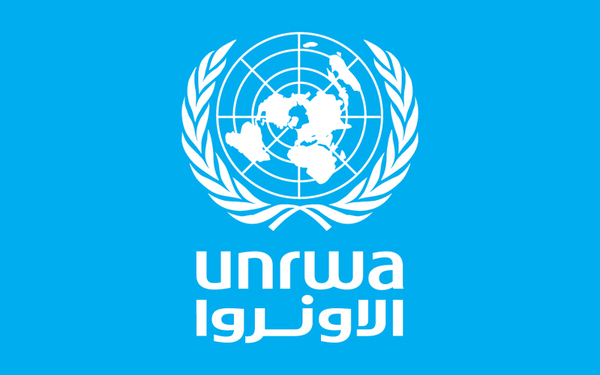UNRWA calls for political action and accountability to stem the current spiral of violence and fear.
UNRWA is deeply alarmed by the escalating violence and widespread loss of civilian life in the occupied Palestinian territory, including East Jerusalem, and in Israel. Only robust political action can prevent the further escalation of a situation that is affecting Palestinian and Israeli civilians.
In Gaza a total of 11 Palestinians, among them refugees, have reportedly been killed and at least 186 injured. Nine people, including three children were reportedly killed during demonstrations in Gaza and two people – a pregnant woman and a child – were killed when a house collapsed due to the impact of a nearby Israeli strike. Four people were reportedly injured in the latter incident. In the West Bank, between 1 October and 9 October, UNRWA has recorded 45 incursions by Israeli forces into refugee camps resulting in several refugees being shot dead, including one child. According to preliminary figures, 180 people have reportedly been injured in West Bank refugee camps, including some 20 children. About 50 of them were reportedly injured by live-fire.
We condemn killings and injuries of Palestine refugees such as the tragic case on 5 October, of Abd El Rahman, a 13-year-old ninth grade student at an UNRWA school who was shot dead by Israeli Forces in Bethlehem’s Aida refugee camp. The initial UNRWA investigation indicates that the child was with a group of friends, next to the UNRWA office after the school day was over and was not posing any threat.
Further to the recent statement of the High Commissioner for Human Rights, the high number of casualties, in particular those resulting from the use of live ammunition by Israeli forces raise serious concerns about the excessive use of force that may be contrary to international law enforcement standards. Under international law there are strict limits to the use of lethal force whether in the context of law enforcement operations or during conflict. These limitations are especially pertinent where a military occupying power operates in civilian areas.
According to the UN Basic Principles on the Use of Force and Firearms by Law Enforcement Officials: “Law enforcement officials shall not use firearms against persons except in self-defense or defense of others against the imminent threat of death or serious injury, to prevent the perpetration of a particularly serious crime involving grave threat to life, to arrest a person presenting such a danger and resisting their authority, or to prevent his or her escape; and only when less extreme means are insufficient to achieve these objectives. In any event, intentional lethal use of firearms may only be made when strictly unavoidable in order to protect life.”
Where alleged violations of international law occur, there must be a prompt, impartial, effective and thorough investigation of the events and full accountability in accordance with international standards.
UNRWA reiterates the call of the United Nations Secretary-General on all sides to respect and protect the rights of children, in particular their inherent right to life. We call for maximum restraint to ensure the protection of civilians, in accordance with international law.
The root causes of the conflict, among them the Israeli occupation, must be addressed. Across the occupied Palestinian territory there is a pervasive sense of hopelessness and despair resulting from the denial of rights and dignity. In the West Bank communities living under occupation feel profoundly marginalized. While in Gaza the latest demonstrations are evidence of a generation that has lost hope in the future; not least because of the lack of economic prospects — youth unemployment is one of the highest in the world – but also because of the lack of reconstruction more than a year after the conflict. An entire generation of Palestinians is at risk. All political actors must act decisively to restore their hope in a dignified, secure and stable future.
Background Information
UNRWA is funded almost entirely by voluntary contributions, and financial support has not kept pace with an increased demand for services caused by growing numbers of registered refugees, deepening poverty and conflict. As a result, the UNRWA General Fund, which supports core essential services and most staffing costs, operates with a large deficit. UNRWA emergency programmes and key projects, also operating with large deficits, are funded through separate funding portals.
UNRWA is a United Nations agency established by the General Assembly in 1949 and mandated to provide assistance and protection to some 5 million registered Palestine refugees. Its mission is to help Palestine refugees in Jordan, Lebanon, Syria, West Bank and the Gaza Strip achieve their full human development potential, pending a just solution to their plight. UNRWA services encompass education, health care, relief and social services, camp infrastructure and improvement, and microfinance.









